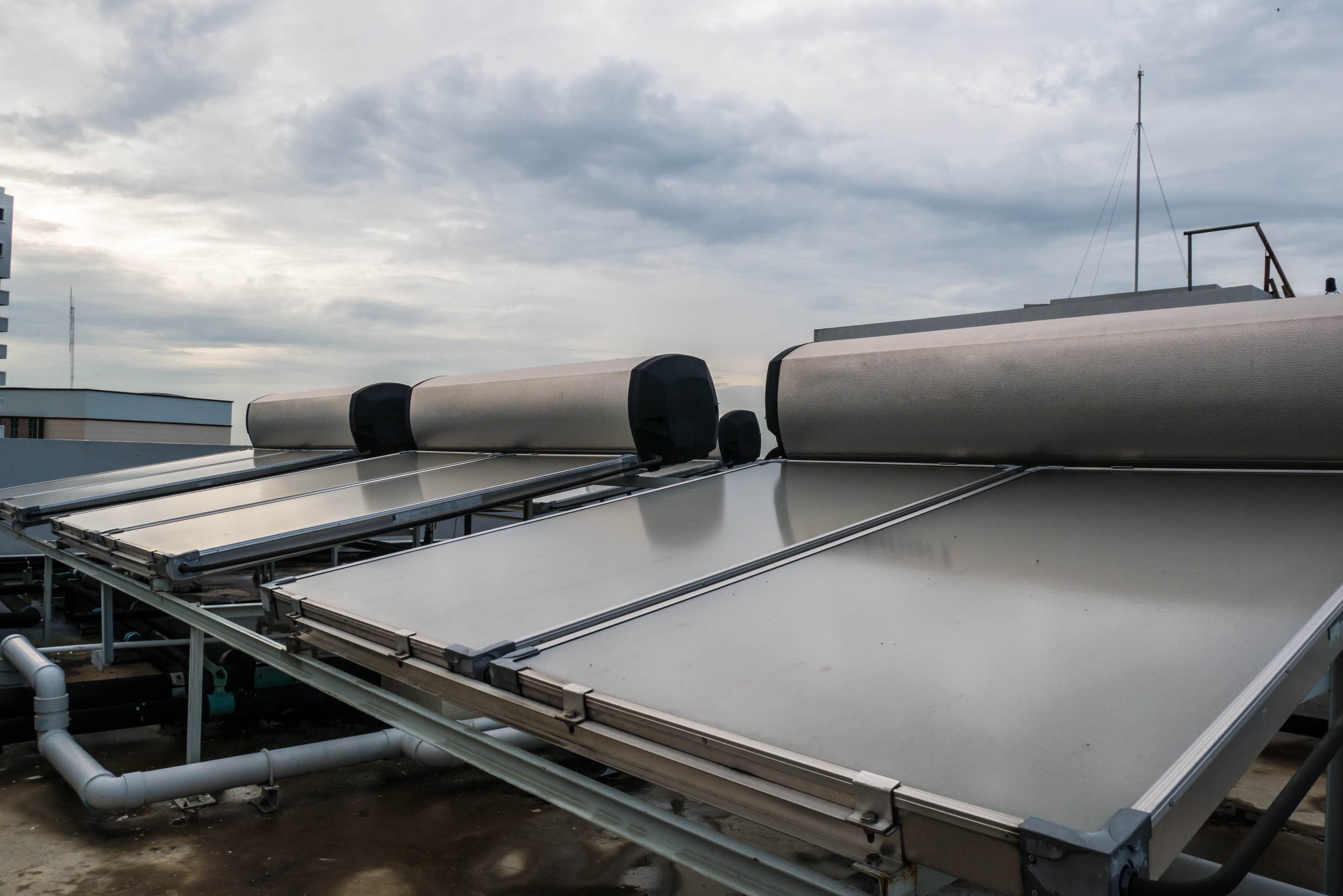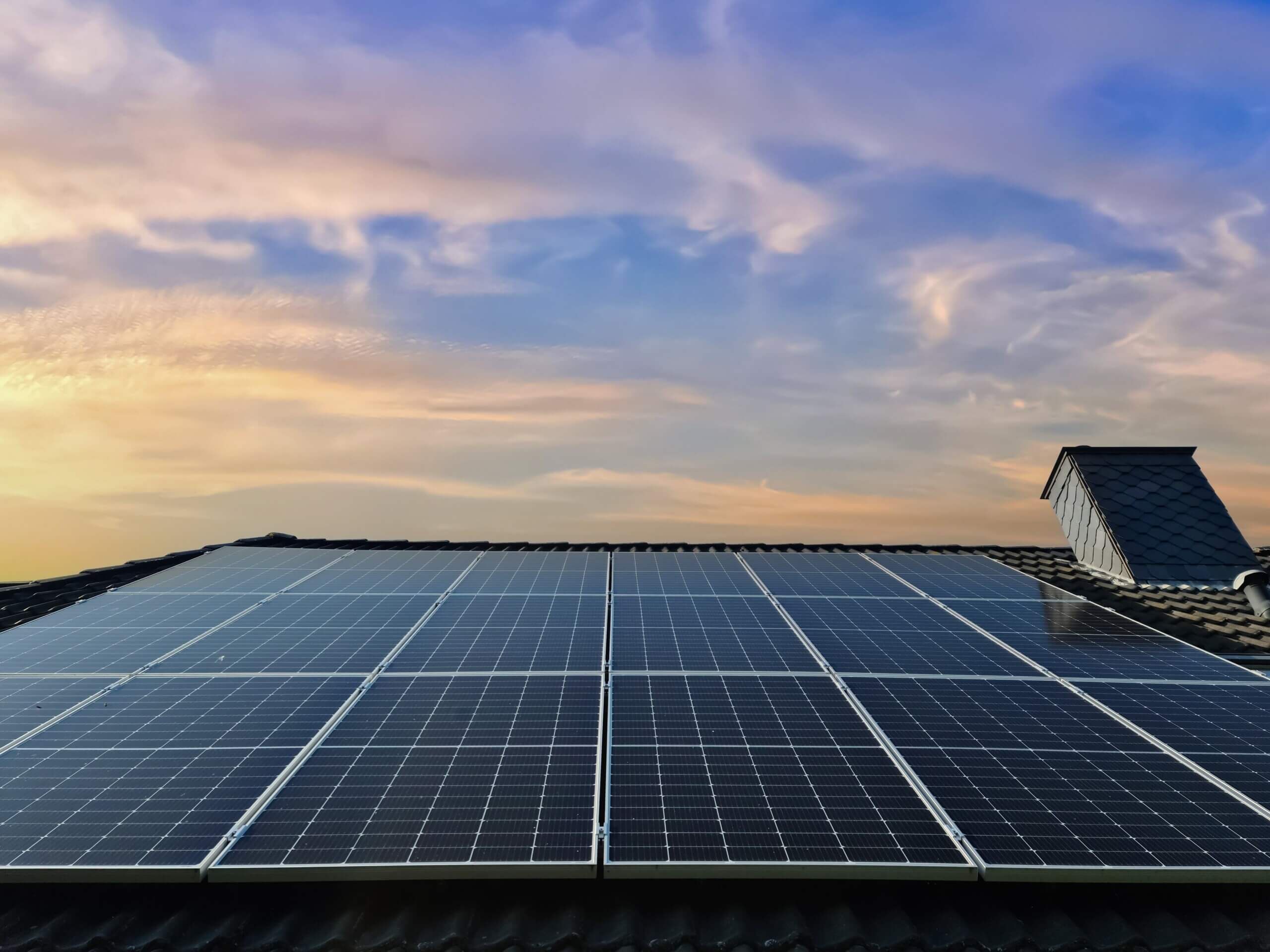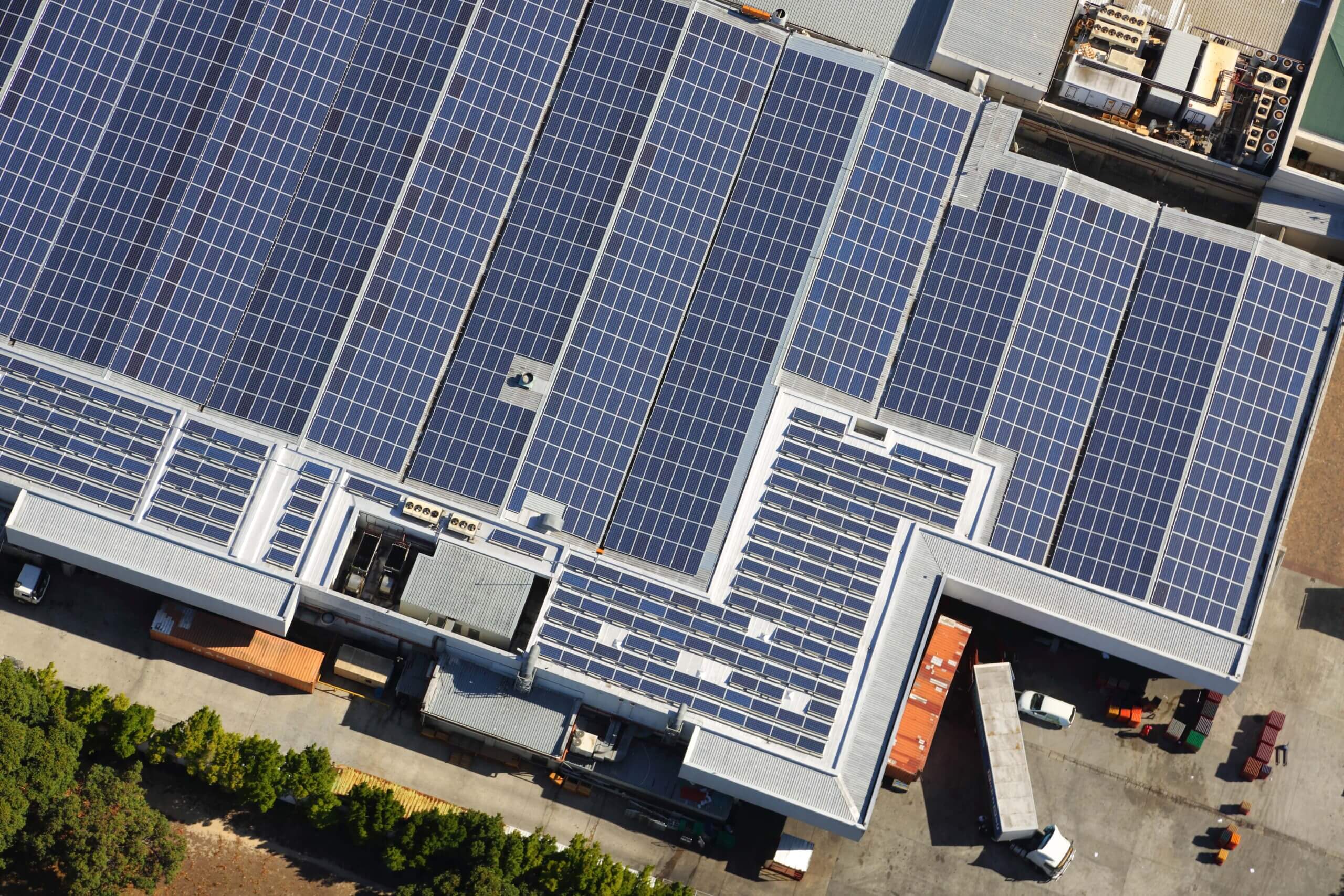The Shift Towards Off the Grid Living & Renewable Energy
Sustainability is a hot topic at the moment, spanning different areas of everybody’s lives. With the sky-high house prices, the rising price of power and growing awareness of climate change, it’s no wonder that self-sustainable living and living off grid Australia-wide is gaining serious traction.
Opting for an off-grid home is a sustainable and affordable living solution if renewable energy sources are used and the house is set up correctly. Unfortunately, off-grid living is responsible for about 6% of Australian carbon emissions in many rural and regional areas. Seems high, right? This is because those living off-grid have to rely on petrol and diesel to power their generators. Only 2% of Australians live completely off renewable energy, being completely self-sufficient.
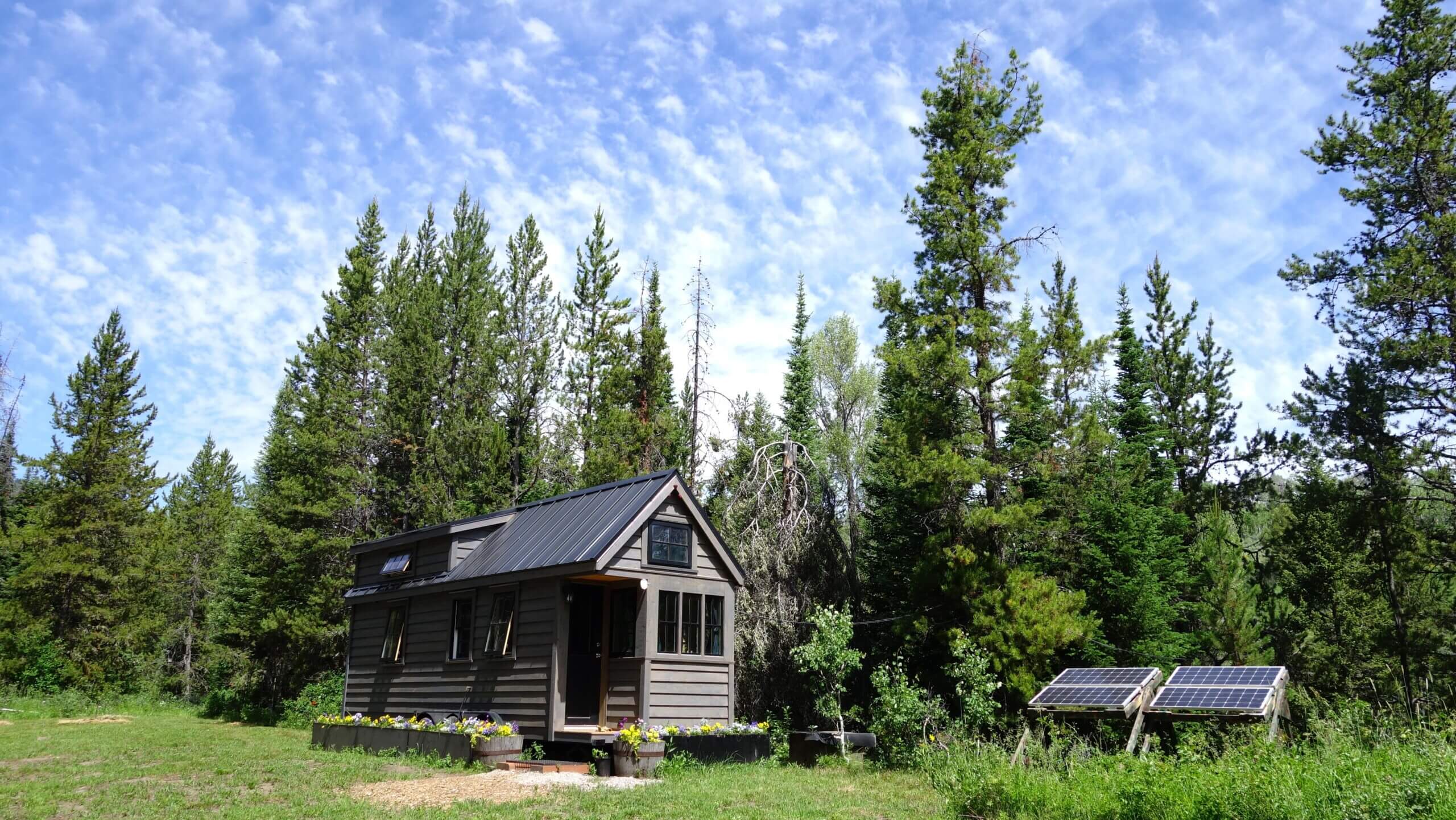
Does this mean the off-grid lifestyle isn’t sustainable? Absolutely not. The difference between an off-grid lifestyle that uses renewable energy as its primary source and one running off a generator is huge. Renewable energy sources like solar, wind and water can help reduce the reliance on a generator and reduce carbon emissions. Furthermore, it can help improve reliability in rural areas and reduce the costs of off-grid living.
Whether you are building a new home in a remote area, or are simply interested in the popularity of tiny homes, stick with us as we discuss all things off-grid.
What is Off-Grid Living?
Off-grid living usually means living a completely independent lifestyle free of public utilities such as power, gas, water, and sewer. Rather, off-grid living requires the generation of one’s own power, obtaining water from a natural source, and managing waste via composting, recycling and other sustainable methods.
Off-grid living is particularly beneficial for rural areas with high energy prices, where the power connection can be patchy. As a result of the high prices and unreliable connection, many people in Western Australia and other rural areas may choose off-grid living and rely on natural resources to solve the issue.
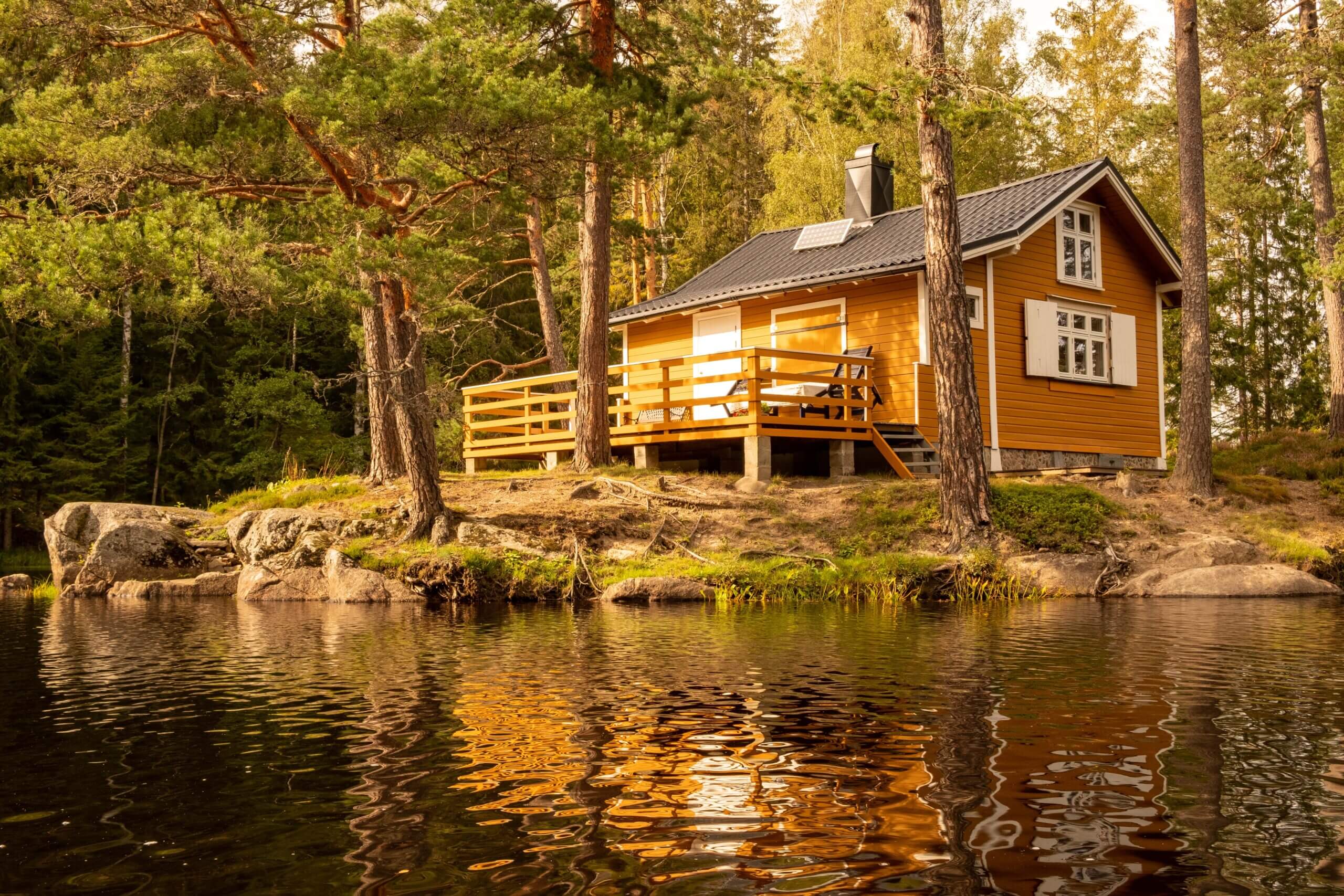
The Benefits Of Being Able To Be Self-Sustaining
Staying Connected In Rural Areas
In remote towns in WA and other areas in Australia, the long distances between existing power lines factored in with the low population and relatively small electricity demand, the developing and expanding of electricity infrastructure does not pay off for utilities. For this reason, electricity is often unreliable in rural areas. By investing in solar energy, you can become self-reliant on power rather than relying on public utilities.
More Environmentally Friendly
By disconnecting from the electrical grid and instead using solar panels to access energy from the sun, you can reduce your carbon footprint and have a positive planet-friendly impact. Many people aspire to be more environmentally friendly but struggle to implement the correct strategies to make a difference. By swapping over to natural resources, you can significantly cut down your carbon footprint, all the while saving money!
Affordability
Although there is an initial expense for solar panels, this investment pays off over time as you no longer require the national grid and therefore don’t have to pay for expensive power bills. With the steady increase in utility, simple necessities like hot water and electricity are starting to make a dent. By investing in an off-grid setup, you can stop relying on a public supply for your resources and instead invest your money in something more self-sustaining.
How Solar Panels Make A Difference In Off Grid Living
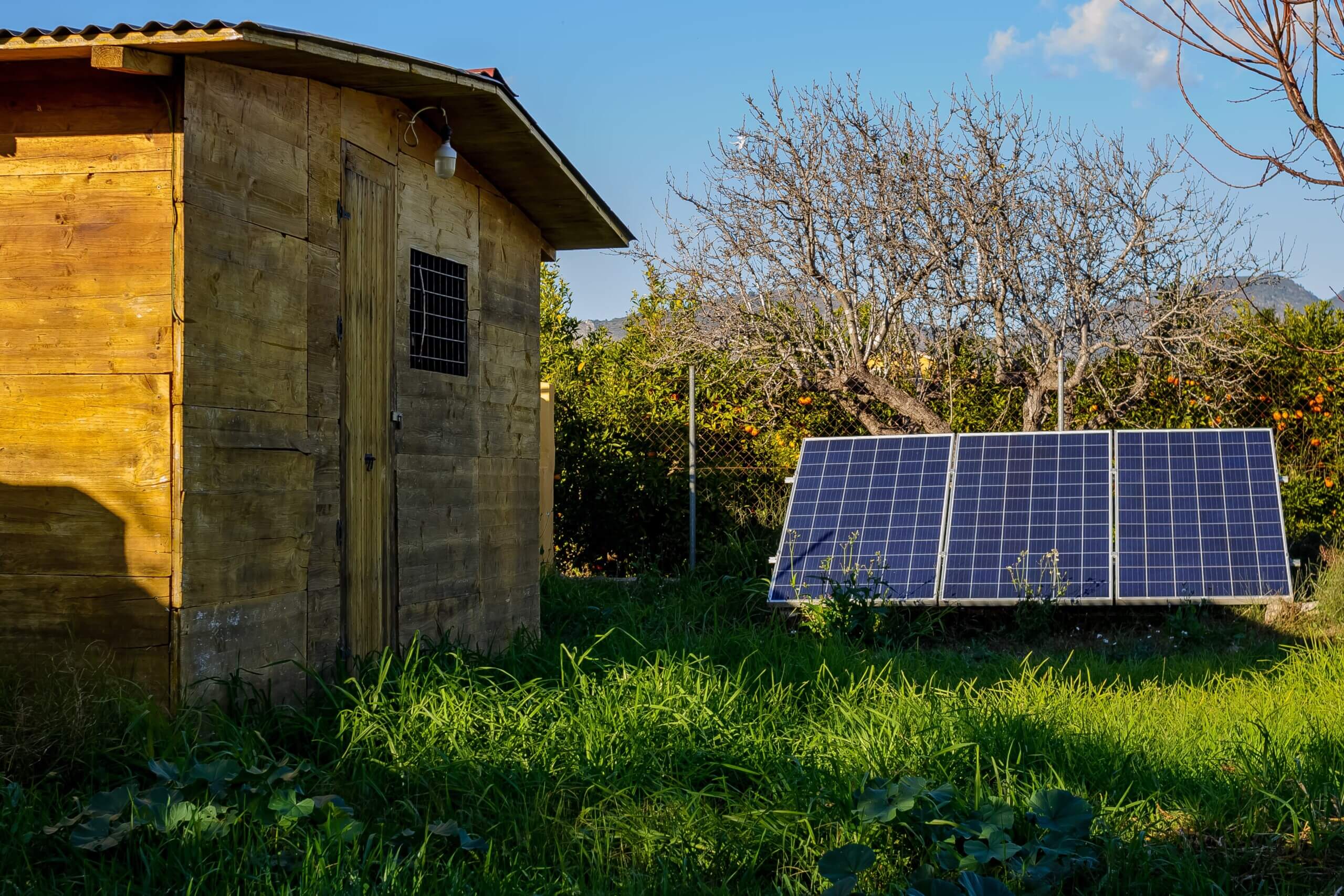
Solar energy can provide a reliable connection to tiny homes located in remote areas for a cost-effective price. Solar energy can provide power to plenty of your power-operated appliances. Below are some common purposes for using your off-grid power.
Lighting
Whether you have indoor or outdoor lighting, your solar panels can provide power to your off-grid home.
Heating and Cooling
For Australians, it may be difficult to comfortably live off-grid without an air conditioner; luckily, with a solar system, you can power both air conditioners and heaters.
Appliances
Whether it be for the basics like a refrigerator or a washing machine or for your occasional kitchen appliances like your kettle or coffee machine, an off-grid solar system will give you enough power to use all of your appliances.
Charging
Going off-grid doesn’t mean you have to go offline. Using solar energy, you can charge up your computers and mobiles to stay connected despite the distance.
Water Pumping
Your solar energy can be used to pump water from wells or other natural resources.
Charge Your Car
For those driving an electric car but don’t want to rely on the electrical grid to charge, you can use solar energy to charge your electric car — does it get any more sustainable than that?
iBreeze Can Help You With Your Off-Grid Solar System
We operate from Perth to Mandurah to the Peel Region of WA, and we want to help you to get set up with an off-grid system that can support your electricity usage. Owning an off-grid home is a deeply satisfying achievement, and we want to help you to set your space up sustainably. If you are searching for a professional solar company with experience in tiny homes and off-grid living, iBreeze is here to help. To get started on your environmentally-friendly journey, feel free to contact us about getting the ball rolling.
For energy efficient, effective heating and cooling solutions all year round, reach out to our team of specialists. We’ll deliver the highest comfort to both your residential and commercial space, no matter the size or scale.
Sunday Closed
Monday 9:00am – 5:00pm
Tuesday 9:00am – 5:00pm
Wednesday 9:00am – 5:00pm
Thursday 9:00am – 5:00pm
Friday 9:00am – 5:00pm
Saturday Closed
